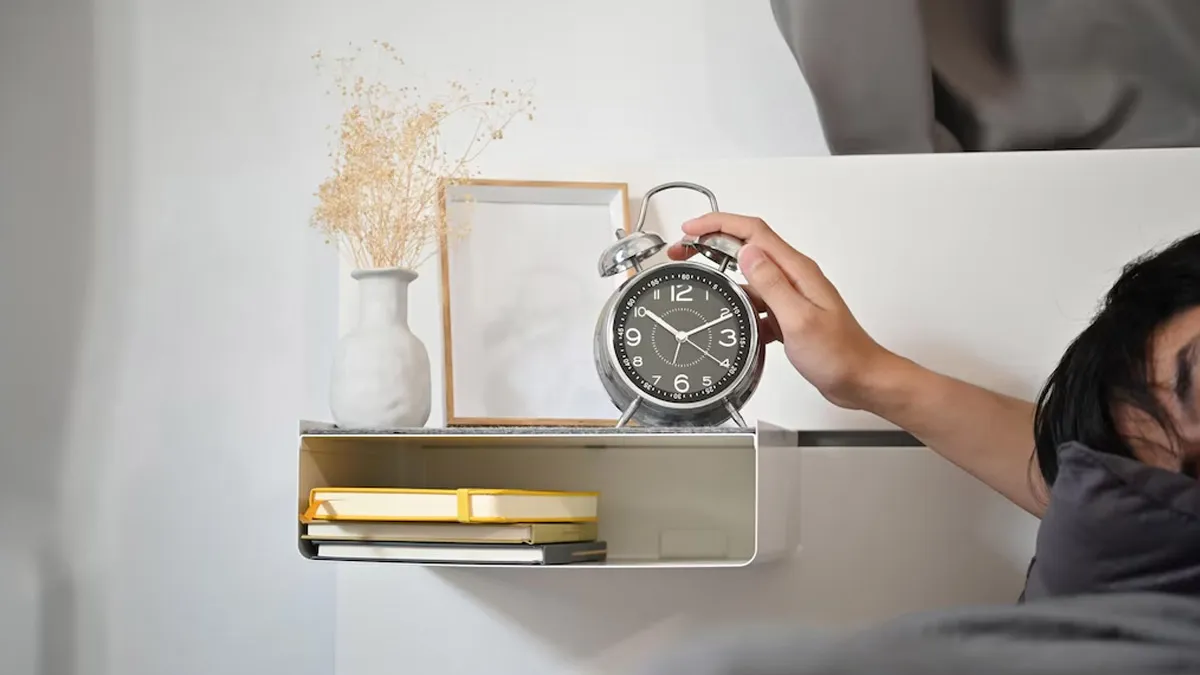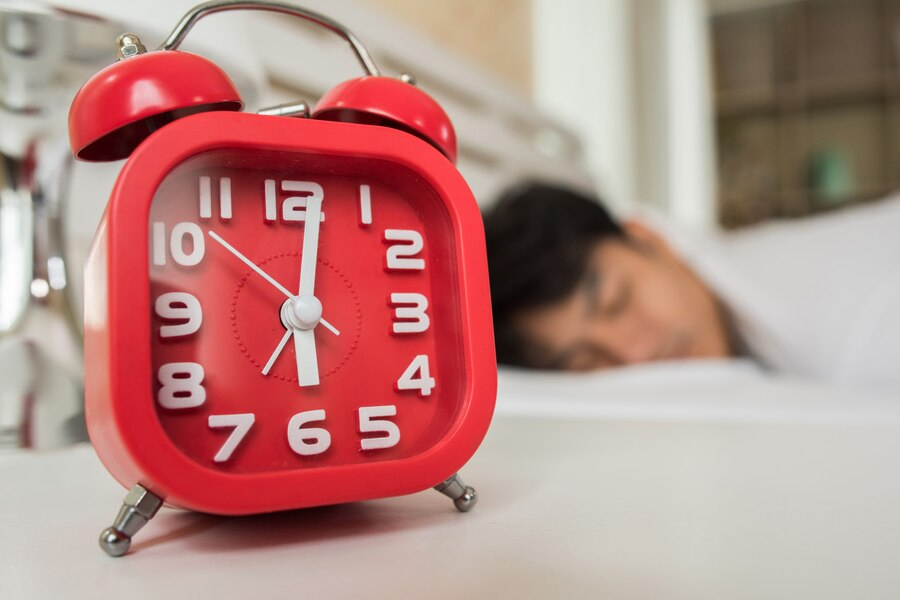
Many factors can increase your blood pressure levels, from an unhealthy lifestyle to age to a family history of heart diseases. But did you know that waking up to alarms can also raise your blood pressure levels?
Table of Content:-
A recent study conducted by a nursing student for the University of Virginia Health System found that waking up to the sound of an alarm caused a spike in blood pressure levels in the morning. The study involved 32 participants who wore smartwatches and blood pressure cuffs over two days. On the first day, they woke up naturally, while on the second day, they were awakened by a pre-set alarm. The university graduate student Yeonsu Kim found that people who were forced awake by an alarm had a 74% higher morning blood pressure than those who woke up naturally.
To dig deeper, OnlyMyHealth spoke to Dr Manav Manchanda, Director and Head - Respiratory, Critical Care, and Sleep Medicine, Asian Hospital, Faridabad, to establish whether there is a link between the two.
Also Read: Holistic Hacks for Better Sleep: Quick and Healthy Options for Young Professionals
How Waking Up To Alarms Affects Your Blood Pressure Levels

Despite the popularity of using an alarm clock, waking up to a jarring noise might be harmful to your heart, according to research, said Dr Manchanda, adding that sudden awakening due to the sound of an alarm might lead to increased blood pressure and heart rate. This is because it triggers the sympathetic nervous system, a network of nerves that activates the body's "fight-or-flight" response. Due to the sound of the alarm, the body releases stress hormones like adrenaline and cortisol, which disrupt the body's natural sleep cycle.
The above-mentioned study also found that such an elevation in blood pressure was more pronounced when people slept poorly. In fact, alarm-induced, abrupt wakeups have been shown to exacerbate the problem, highlighted Dr Manchanda.
Therefore, instead of waking up suddenly from an alarm, try gradually waking up to natural light to solve this health-damaging condition. It may not be easy to begin with, but this alternative way sounds nicer than your alarm clock's shrills, the doctor advised.
Can Alarms Worsen Other Conditions Like Anxiety?

Dr Manchanda also noted that some people experience sleep anxiety as a result of using alarm clocks on a regular basis.
“You may find yourself waking up repeatedly at night to check the clock because you are concerned about oversleeping. This might further interrupt your sleep and diminish its overall quality,” he said.
Also Read: Want To Know Your Risk of Depression? Watch Your Body Clock
How To Ensure A Healthy Sleep-Wake Cycle To Avoid The Use Of Alarms

Here are some methods to ensure a healthy sleep and wake-up cycle:
- Stick to a sleep routine; set aside no more than eight hours of sleep.
- Pay attention to what you eat and drink.
- Avoid going to bed hungry or full.
- Create a relaxing atmosphere.
- Limit your midday naps.
- Include physical activity in your regular schedule.
- Manage your anxieties
- Position your bed for optimal sunlight exposure to wake you up.
- Allow light to pour through your windows by opening the blinds and drapes; if you need to get up before the sun, set your lights to a timer.
- Wake up at the same time every day to help your body acclimate to your new sleeping schedule.
Conclusion
While alarms can help people wake up on time, they can also cause extreme anxiety and nervousness. Studies have highlighted how it impacts blood pressure levels and raises heart rate. This further suggests that waking up to the sound of an alarm can also put strain on your heart, which is why waking up naturally is the way to go forward. To do so, one must maintain a healthy sleep cycle and must follow proper sleep hygiene.
Also watch this video
How we keep this article up to date:
We work with experts and keep a close eye on the latest in health and wellness. Whenever there is a new research or helpful information, we update our articles with accurate and useful advice.
Current Version
